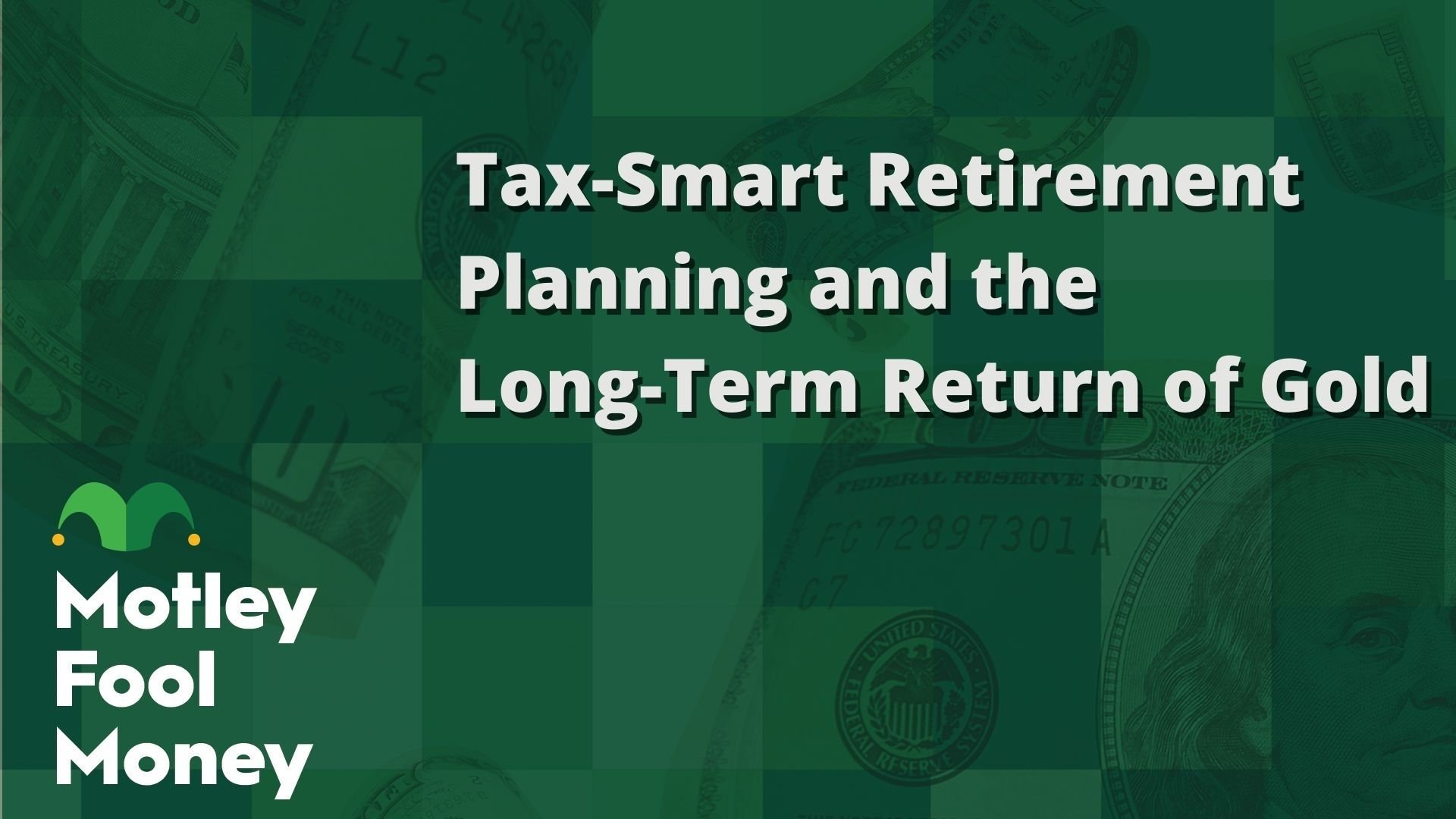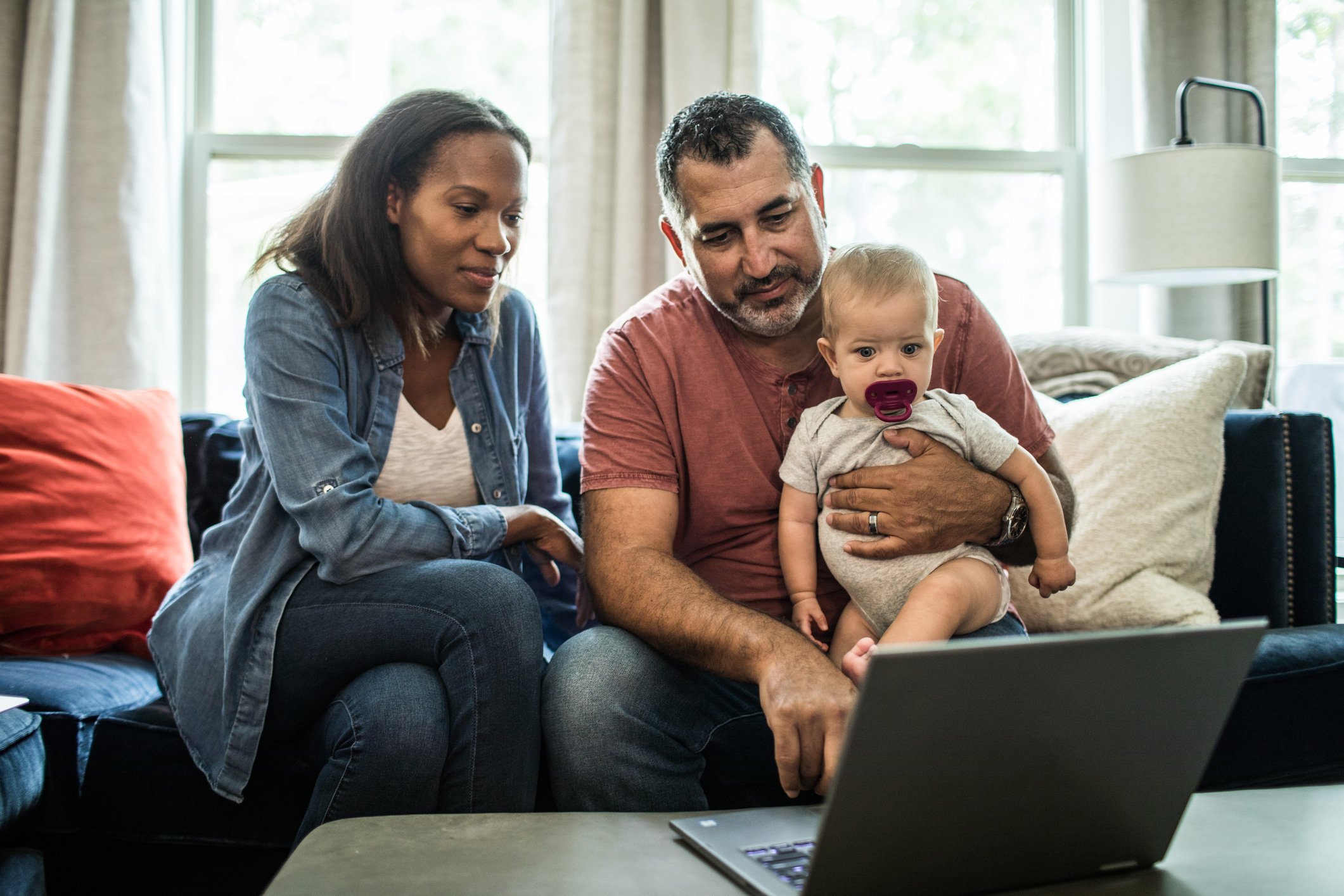Juggling financial priorities can feel like a constant balancing act. You may have a dozen different bills to pay every month, but with only so much cash to spare, it can feel impossible to make sure there's enough money to go around.
It's no wonder, then, that the average American is behind on their retirement savings. But according to a new survey, women are struggling the most when it comes to financially preparing for the future.

Image source: Getty Images
The survey conducted by Edward Jones found that only a quarter of women plan on prioritizing saving for retirement over the next three to five years. Instead, many of them focus more on short-term family needs, putting retirement saving off for another day.
Furthermore, 38% of respondents noted that their lack of financial knowledge was hurting their ability to make major life decisions, yet four in 10 said they haven't taken any steps to learn more and build their financial confidence.
Saving for retirement can be daunting, but ignoring it and hoping it goes away will only make the problem worse down the road. Even if you're strapped for cash right now, it's easier to save a little today than a lot more later.
Taking baby steps down the road to retirement
If you're feeling financially overwhelmed, it's easy to shove retirement saving to the back-burner and focus instead on paying your immediate bills. After all, nothing bad will happen immediately if you don't save for retirement -- unlike if you simply choose not to pay rent or the electric bill. But the longer you put off saving, the harder it will be to catch up.
Say, for instance, you want to save $500,000 by age 65. If you start saving at 25, you'd need to save just over $200 per month to reach that goal, assuming you're earning a 7% annual rate of return on your investments. But if you wait until age 40 to begin saving, you'd need to up your contributions to around $650 per month, all other factors remaining the same.
That's a result of the power of compound interest. The more time your money has to grow, the more it snowballs. So even small savings can amount to significant gains if they sit untouched for a few decades.
But what if you're living paycheck to paycheck and simply don't have any money to spare? You may feel like you don't have any other options but to put off saving until you start earning more money, but before you do that, take a close look at your budget -- because even a few dollars here and there can make a big difference over time.
Running a fine-tooth comb through your budget
Sometimes the reason you may feel like you have no money is because you don't realize how much you're actually spending every month. Little costs add up, and even though it may not seem like much to spend $15 per day on dining out at restaurants, that amounts to around $450 per month. When you establish a budget (either the old-fashioned way through a spreadsheet or with an app), you get a big-picture idea of where all your money is going and where you can potentially make cuts.
But maybe you're already careful about how much you spend on discretionary expenses, and you're still struggling to find money to save. If that's the case, take a look at some of your fixed costs. Maybe you could switch cable providers to lower your bill, or perhaps you could use a cash-back rewards credit card for all your spending. That way, you can earn extra money for buying things you were already going to buy -- just make sure you don't inadvertently spend more just to earn more cash back.
In extreme cases, you may even choose to downsize your home. It's a drastic move, but it could potentially save you hundreds of dollars each month that can be put toward retirement.
As you're combing through your budget looking for places to make cuts, keep in mind that you don't have to eliminate any one area of spending. In fact, it may even be more beneficial to continue spending at least a little each month on the things you love.
Budgeting is a lot like dieting -- it should be a lifestyle, not a quick fix. If you slash your budget down to the bone and cut out all the things you love, it probably won't be long before you give up and revert back to your old spending habits. But if instead you simply cut back a little bit in several different areas, you're creating a more sustainable financial lifestyle.
You may also be surprised about how little you need to save each month to see a difference. Say, for example, you're able to cut a little from every spending category, allowing you to save an extra $150 per month. If you continue saving at that rate for 30 years, assuming a 7% annual rate of return, you'd end up with around $170,000 saved. And if your employer offers matching 401(k) contributions, you could potentially double your savings with zero additional effort.
It's easy to get caught up in immediate financial priorities without thinking about long-term plans. But retirement will be here before you know it, and the earlier you start saving, the more prepared you'll be.





